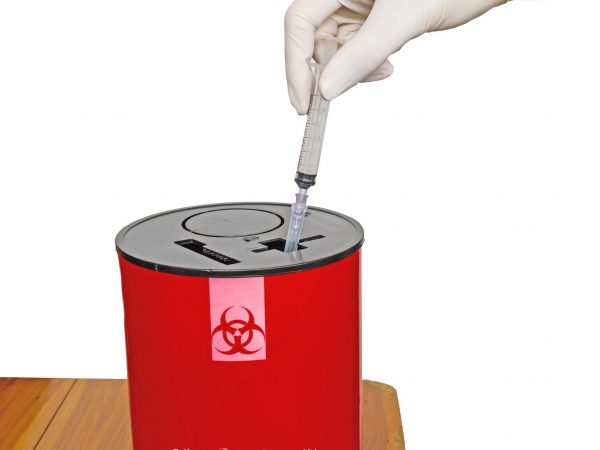Alex Cohen is the Director of Learning and Evaluation for the Richard M. Fairbanks Foundation.
The toll of the opioid epidemic is often measured in lives lost due to overdose—and for good reason. It’s estimated that, across the United States, 115 people die of opioid overdose every day. But the impact of opioids can also be seen in HIV and Hepatitis C infections, which are being driven up by rising numbers of individuals injecting opioids.
From 2013 to 2017, Indiana’s Marion County has seen a 1,000 percent increase in acute Hepatitis C cases, mirroring national trends. HIV has also spiked in recent years. These patterns have inspired the Marion County Public Health Department to declare a public health emergency and Indianapolis’ City-County Council to approve plans to implement a needle exchange in order to stem the tide of new infections.
Needle exchanges—also known as syringe services programs, syringe exchanges or syringe exchange programs—can deliver an array of services. As the name suggests, the most common is providing clean syringes for individuals who inject drugs in order to limit transmission of blood-borne diseases like Hepatitis C or HIV.
Sharing of needles and other drug paraphernalia is what sparked the HIV outbreak in Scott County—and the establishment of a needle exchange there is credited with curbing that outbreak. This is consistent with decades of evidence showing needle exchanges lower rates of Hepatitis C and HIV.
Given the high costs of treating HIV, Hepatitis C and endocarditis, a bacterial infection resulting from injection drug use, needle exchange programs provide a positive return on investment as well. A recent estimate finds roughly $7 is saved for every $1 spent on needle exchange, just from prevention of HIV infection alone.
Needle exchanges may also provide a pathway to treatment for substance use, mental health or other medical services. By providing a stigma-free environment for people who are misusing opioids and who may not engage with traditional healthcare providers, needle exchanges represent a unique opportunity to get more individuals into medication-assisted treatment, the gold standard for opioid use disorder treatment.
When done well, needle exchanges can reduce infections associated with injection opioid use and expand access to evidence-based treatment—both of which make it an important tool for fighting the opioid epidemic in Marion County and beyond.



